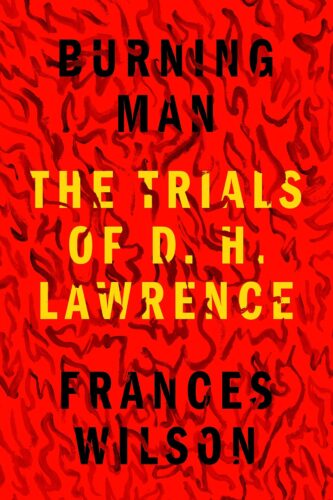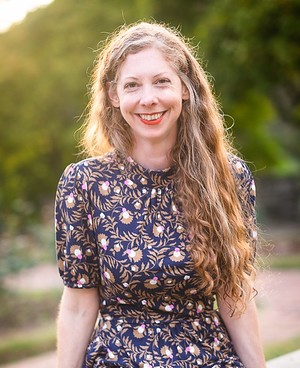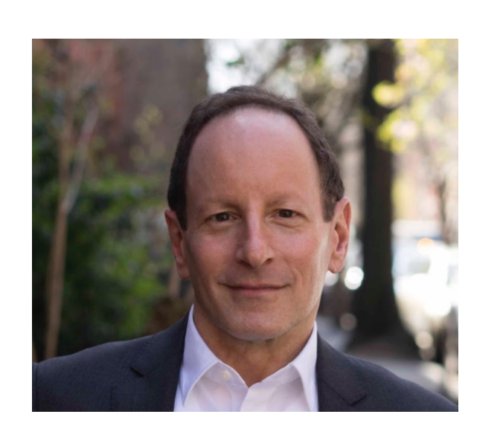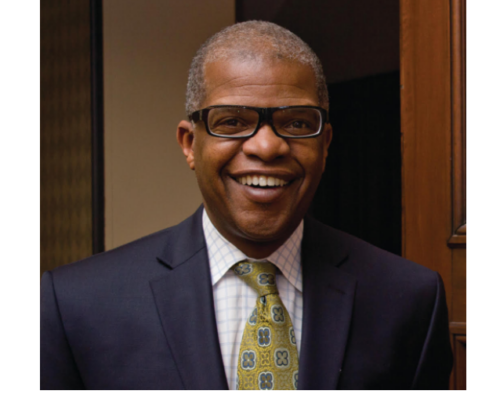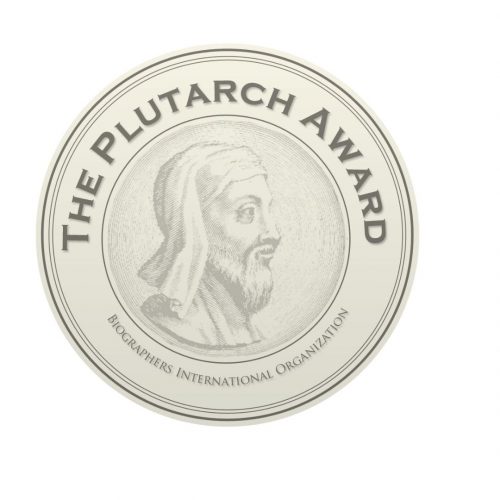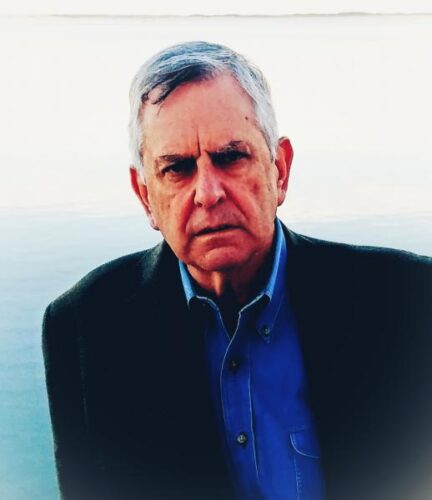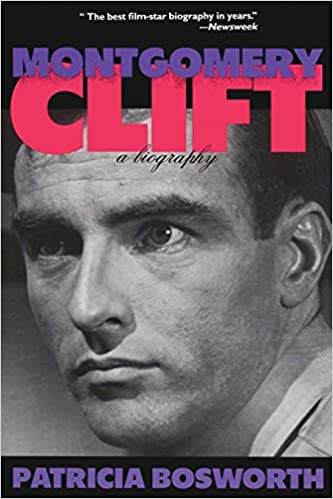Frances Wilson Wins 2022 Plutarch Award
Frances Wilson’s Burning Man: The Trials of D. H. Lawrence (Farrar, Straus and Giroux) has won the 2022 Plutarch Award for the best biography of 2021. Wilson, a biographer and critic, is also the author of The Courtesan’s Revenge: The Life of Harriette Wilson, the Woman Who Blackmailed the King (Faber & Faber, 2003) How to Survive the Titanic: The Sinking of J. Bruce Ismay (Harper, 2011), and Guilty Thing: A Life of Thomas De Quincey (Farrar, Straus and Giroux, 2016). Guilty Thing was a finalist for the 2017 Plutarch Award.
Named after the famous Greek writer, the Plutarch Award is presented annually by the Biographers International Organization to the best biography of the year, chosen by a committee of five distinguished biographers. The award comes with a $1,000 honorarium.
In his remarks for the Plutarch Award ceremony, filmed in advance of and debuted at the 2022 BIO conference, Plutarch Award Committee Chair Nigel Hamilton said that the nearly 200 books reviewed for this year’s award were “a real testament to the ongoing golden age of biography that we still live in, despite the many trials our democracy is undergoing, especially, I might add, the assault on something we used to take for granted: telling the truth, the very viable truth based on real, not completely imaginary, facts.”
In her acceptance remarks, Wilson said: “I see Burning Man as my American book. It was written for the most part when I was fortunate enough to be a Cullman Fellow at the New York Public Library in 2018. And I benefitted while I was living in New York, I benefitted enormously from the conviviality and generosity of other biographers, including the late great James Atlas, who I miss very much.”
Wilson also spoke of the important influence New Mexico had upon both herself and Lawrence: “Lawrence rested all his hopes in America, which he saw as his paradise after the years in Hell. And while he of course inevitably quarreled with America, his experience of New Mexico was, he said, one of the most important in his life. I just want to quote what Lawrence said about New Mexico, because it’s so stunning and I absolutely agree with him: ‘The moment I saw the brilliant, proud morning shine high over the deserts of Santa Fe, something stood still in my soul and I started to attend.’”
In conclusion, BIO President Linda Leavell remarked upon the importance of Santa Fe to the founding of the organization, which Wilson agreed was a pleasant irony.
Along with Hamilton, members of the 2022 Plutarch Award Committee were Heather Clark, Gretchen Gerzina, Catherine Reef, and Carl Rollyson. You can see the 2022 longlist here and the 2022 shortlist here.
